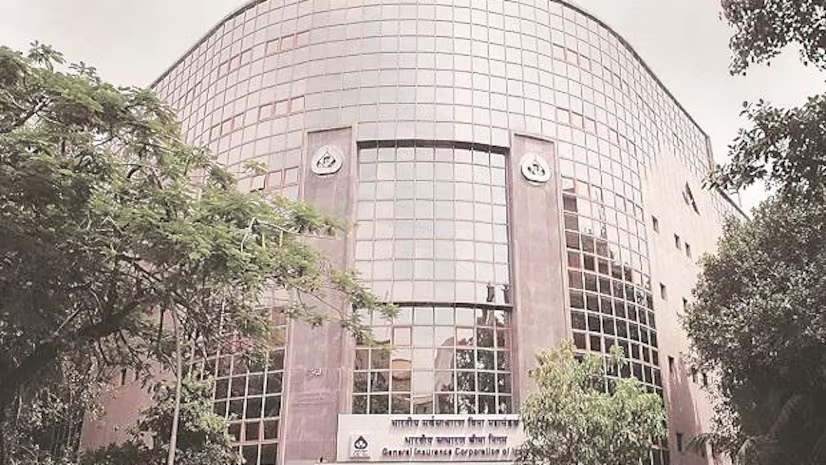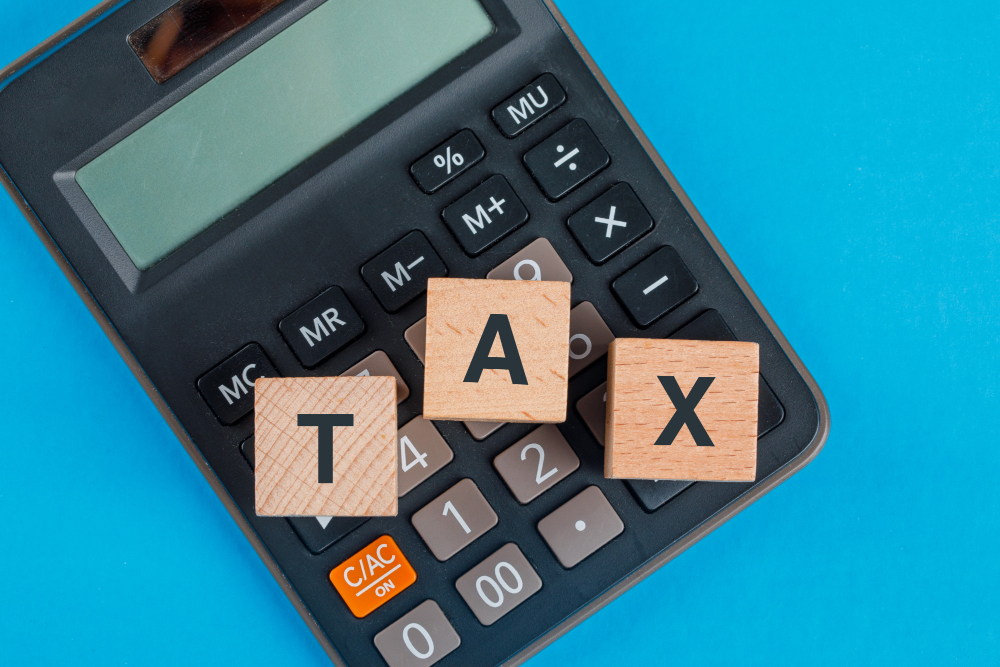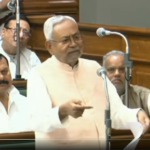Recently, the high GST on health insurance premiums has been a focus. Currently, at 18%, this tax makes health insurance unaffordable for many Indians. Parliamentary committees, industry associations, and the public have called for a reduction of GST on health insurance to 5%. This article will examine the reasons for this demand, the latest updates and the benefits of lower GST on health insurance.
Parliamentary Recommendations
In Feb 2024, a parliamentary committee headed by former Minister of State for Finance Jayant Sinha recommended rationalizing GST on health and term insurance products. The committee report mentioned that a high GST rate is a considerable premium burden, and many people must buy insurance policies. They suggested that reducing GST on health insurance, especially for senior citizens, and microinsurance policies under Pradhan Mantri Jan Arogya Yojana (PMJAY) will make these products more affordable.
The committee also suggested that RBI issue ‘on-tap’ bonds to meet the insurance industry’s capital requirements, which are estimated to be Rs 40,000 to 50,000 crore. This will address underinsurance in India by improving state-run general insurers’ financial health and making them more competitive.
In May 2024, it was reported that the government might reduce GST on health insurance premiums from 18% to 12%. After the elections, the GST Council will take up this proposal to make health insurance more affordable. Reducing GST will lead to lower premiums or more coverage options, making health insurance more accessible to a larger population.
The government has already exempted GST on some government-run health insurance schemes for economically weaker sections. However, 18% GST is a significant burden for most private health insurance policies. 12% is a step in the right direction, but many stakeholders feel that 5% would be even better.
Industry’s Stand
The Confederation of General Insurance Agents Association of India has taken a step further and demanded reduced GST on general insurance products from 18% to 5%. They submitted a memorandum explaining why this reduction is required to Finance Minister Nirmala Sitharaman. The reasons are low penetration of general insurance in India, a sharp increase in health insurance premiums in the last few years and stagnation of health insurance premiums in a few states.
According to the association, high GST has led to low health insurance renewal rates as many policyholders need help to afford the increased premiums. They say the reduction in GST will make health insurance more affordable, increasing penetration and renewal rates. This will help achieve the vision of the Insurance Regulatory and Development Authority of India (IRDAI) of ‘Insurance for All’ by 2047.

Public Opinion
Public opinion on forums like Reddit is frustrated with the high GST on health insurance. Users are questioning the logic of taxing an essential service so heavily in a country where government-provided social security and accessible healthcare are limited. Many say the government should encourage people to take health insurance by reducing taxes rather than making it costlier.
One user summed it up nicely, “In a country where the government doesn’t provide any social security or free healthcare, shouldn’t the government encourage people to take health insurance? By charging 18% GST, what message does the government want to send?”
Economic and Social Impact of High GST on Health Insurance
The economic impact of high GST on health insurance is enormous. High premiums deter many middle-class families from buying health insurance, leaving them vulnerable to catastrophic health expenses. High premium costs with 18% GST mean many Indians are forgoing health insurance altogether. This is more worrying in a country where out-of-pocket healthcare expenses are among the highest in the world.
Socially high GST is widening inequality. The wealthy can afford the high premiums and get financial health insurance protection. The poor and middle class, already financially vulnerable, can’t afford health insurance. Lack of affordable health insurance increases economic insecurity and limits access to healthcare services.
India’s GST has 5 slabs: 0%, 5%, 12%, 18%, 28%. Essential food items are 0%, luxury items and sin goods like tobacco and luxury cars are 28% with cess. Health insurance is currently 18%, along with many other services.
Other countries with similar GST/VAT systems tax health insurance at lower rates. For example, in Australia, private health insurance is GST-free. In the UK, health insurance is 6% VAT. These lower rates recognize the essential nature of health insurance and the need to make it accessible to the larger population.
Those against the high GST rate argue it is against the government’s objective of increasing health insurance penetration. They say that the high tax rate discourages people from buying insurance. Hence, a large population remains uninsured and financially vulnerable.
Also, the high GST rate reduces the tax benefits under Section 80D of the Income Tax Act. While policyholders can claim deductions on health insurance premiums, the benefit is reduced due to the high premium cost due to 18% GST. Reducing the GST rate will make these tax benefits more effective and health insurance more attractive.
Conclusion
Reducing GST on health insurance from 18% to 5% is not just a fiscal issue but a public health issue. The high GST on health insurance premiums has made these policies unaffordable for many Indians, hence low insurance penetration and renewal rates. Reducing GST to 5% will ease this burden and make health insurance more accessible and affordable. This will encourage, get, more people to buy and maintain health insurance policies and, hence, a healthy, more financially secure population.
The government can strongly message that it cares about its citizens’ health and financial security by reducing the GST rate. This will benefit policyholders and support the larger goal of universal health coverage in India.
As India improves its healthcare system and the financial security of its citizens, reducing GST on health insurance premiums is a must. It’s time for policymakers to recognize the burden of 18% GST on health insurance and decide to reduce it to 5%. This will show that health insurance is for all and a healthier, more equal society.






